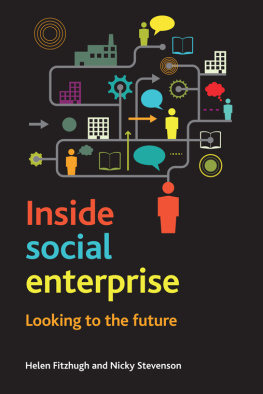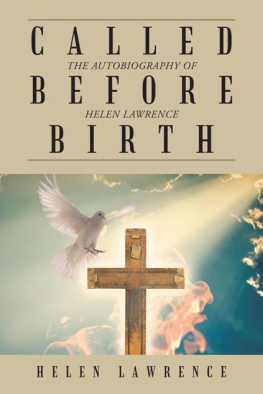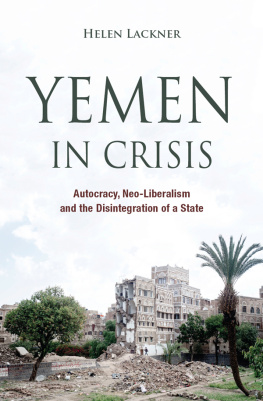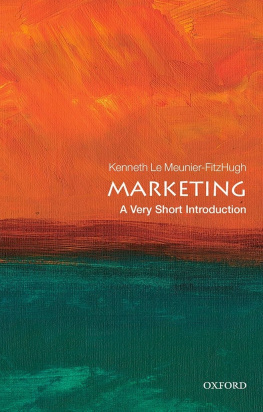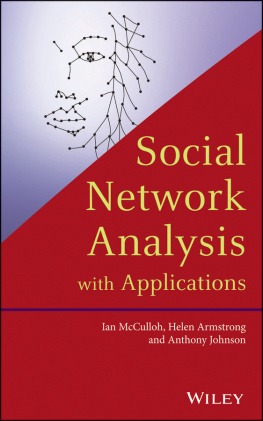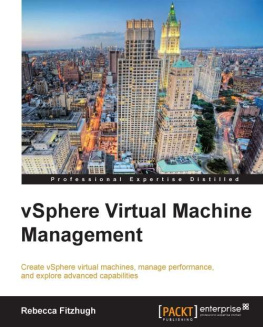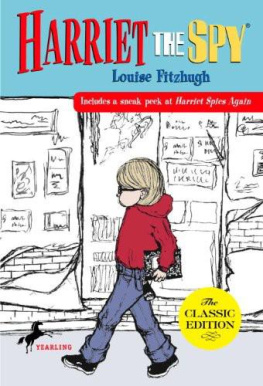First published in Great Britain in 2015 by
Policy Press University of Bristol 1-9 Old Park Hill Bristol BS2 8BB UK Tel +44 (0)117 954 5940 e-mail
North American office: Policy Press c/o The University of Chicago Press 1427 East 60th Street Chicago, IL 60637, USA t: +1 773 702 7700 f: +1 773-702-9756 e:
Policy Press 2015
British Library Cataloguing in Publication Data
A catalogue record for this book is available from the British Library
Library of Congress Cataloging-in-Publication Data
A catalog record for this book has been requested
ISBN 9781447310372 ePub
ISBN 9781447310389 Kindle
The right of Helen Fitzhugh and Nicky Stevenson to be identified as authors of this work has been asserted by them in accordance with the Copyright, Designs and Patents Act 1988.
All rights reserved: no part of this publication may be reproduced, stored in a retrieval system, or transmitted in any form or by any means, electronic, mechanical, photocopying, recording, or otherwise without the prior permission of Policy Press.
The statements and opinions contained within this publication are solely those of the author and not of the University of Bristol or Policy Press. The University of Bristol and Policy Press disclaim responsibility for any injury to persons or property resulting from any material published in this publication.
Policy Press works to counter discrimination on grounds of gender, race, disability, age and sexuality.
Cover design by Qube Design Associates, Bristol
Printed and bound in Great Britain by CMP, Poole
Readers Guide
This book has been optimised for PDA.
Tables may have been presented to accommodate this devices limitations.
Image presentation is limited by this devices limitations.
An asset lock is a legal restriction on what can be done with an organisations assets if it closes. Adopting an asset lock is a safeguard against the accrual of money and resources by an organisation purporting to work for the good of the community, only for those resources to then end up in private hands. This is seen as particularly important when the assets have been transferred out of public sector ownership in the first place. An asset lock exists in perpetuity.
Big Society was an idea put forward by the Conservatives during their 2010 election campaign aiming to promote ideas of localism, self-help, volunteering and government transparency.
Commissioning often referred to in this book in relation to public service commissioning is the act of defining what an organisation wants to buy in order to fulfil its goals. It is carried out by commissioners. Commissioning happens before procurement (see below).
Community development is a process of supporting people in specific communities or with particular interests to define issues that affect their lives, grow in confidence and work out practical ways of helping themselves and others in addressing those issues.
Community interest companies (CICs) were introduced as a new legal form for businesses with a social purpose under the Companies (Audit, Investigations and Community Enterprise) Act 2004.They must conform to particular legal requirements such as formal restrictions on the ability to transfer assets out of the organisation (an asset lock), articles of association guaranteeing social purpose and restrictions on what would happen to the organisation if it closed. This model was developed by the Treasury, specifically to create opportunities for people to be able to earn interest from financial investment in social enterprises and for some of the businesss profits to be paid in dividends. Both of these returns are capped within the original Act.
A community share issue takes place when a new community business needs capital to start up and asks members of the community to invest in it. Each community member who invests has a vote, regardless of the size of their investment, making the society democratic. They can withdraw their shares, but not transfer them, which makes the community shares different from shares in publically-owned companies which can pass from buyer to buyer regardless of their involvement in the business.
Co-operatives are businesses that are owned by members often people who work for or buy from the co-op and therefore have a direct interest in its success. These members can influence how the co-op is run and receive a share of any profits. The term co-op does not refer to a specific legal structure, but instead to the family of organisations that follow co-operative principles such as voluntary and open membership, democratic control, economic participation by members, autonomy from outside control, educating members and the public about co-operation, co-operating with other co-ops and showing concern for the community.
Corporate social responsibility (CSR) refers to initiatives in mainstream businesses that either attempt to reduce the environmental harm of business operations, donate time or money to charitable causes or contribute in some way to the local community. The social activities are not the point of the business, as in social enterprises, but additional to them.
Credit unions are financial services providers owned and run by their members and often offer savings accounts and affordable credit to people who might otherwise find it hard to use conventional financial services.
Equity can refer to all the issued share capital of a company or to a shareholders interest in that company.
Intermediate Labour Markets (ILMs) were organisations or programmes which provided short- to medium-term subsidised work experience and/or training to unemployed people in order to better their chances of re-entering the mainstream labour market.
Mem and Arts is an abbreviation of Memorandum and Articles of Association. These are the legal documents required when setting up a company which contain important information about the rules and regulations of how that company functions.
Mission drift is when an organisation starts up for one purpose but over time external influences or internal preferences alter or completely change that purpose. It is often referred to in relation to the effects of funder or investor requirements placed on charities or social enterprises to obtain income.
Mutuals are organisations owned by and run for the benefit of their members. There are no external shareholders.


